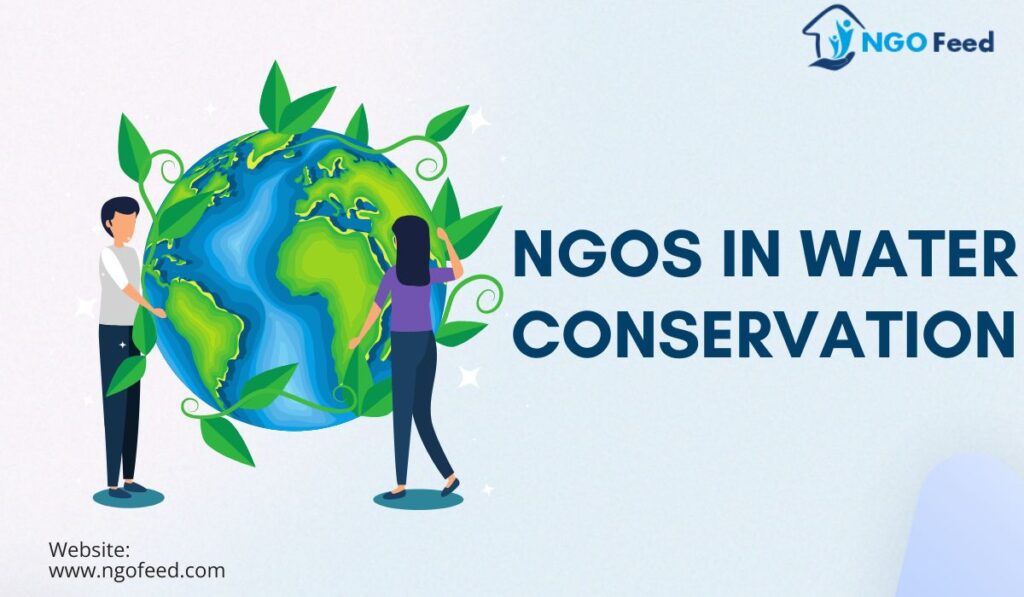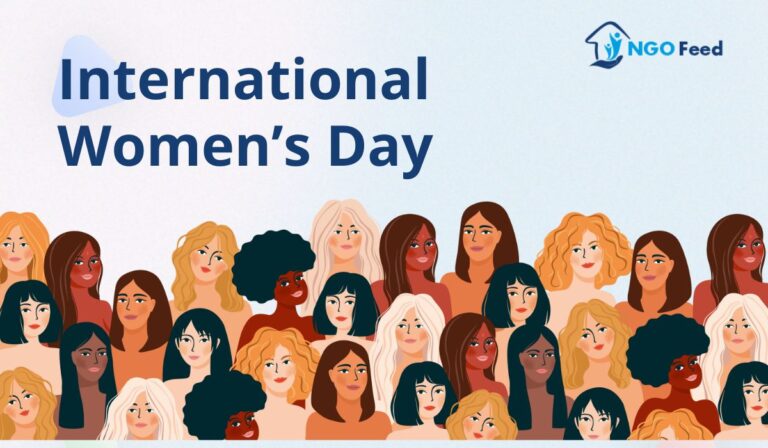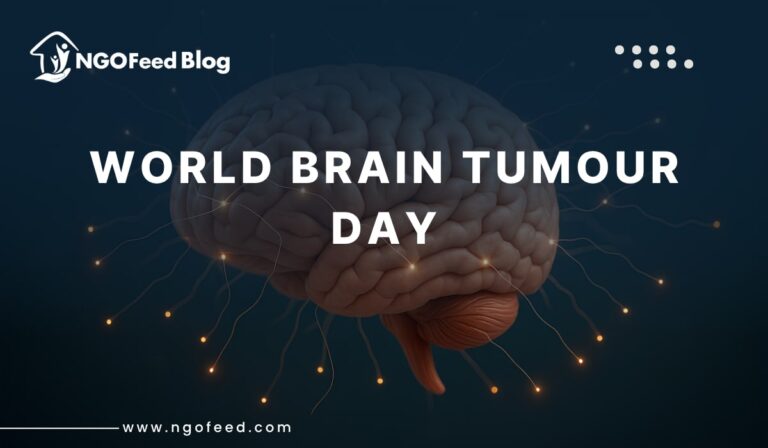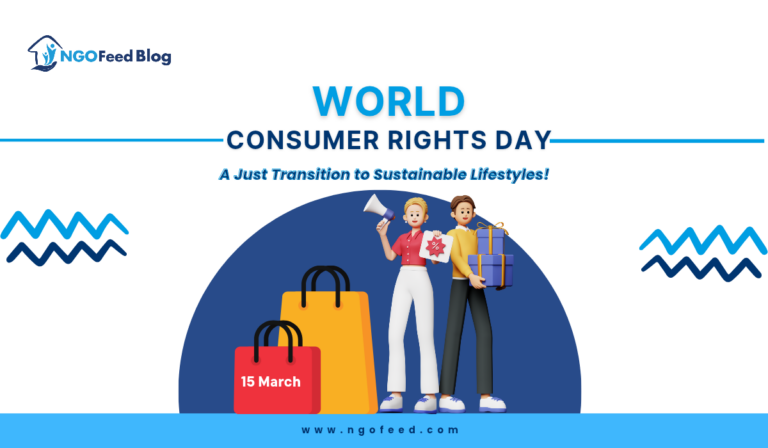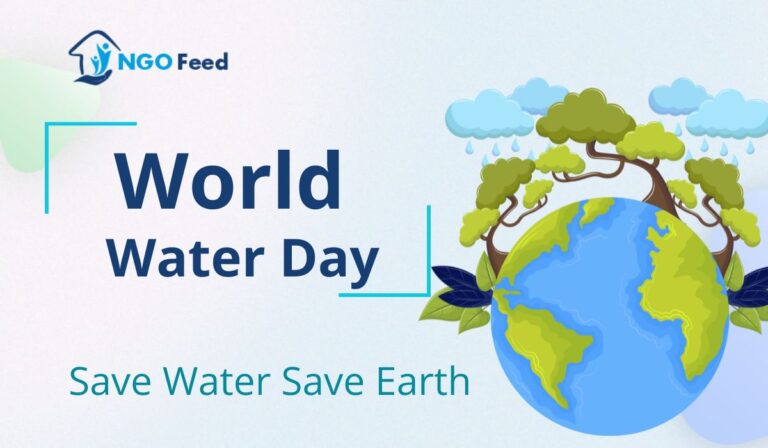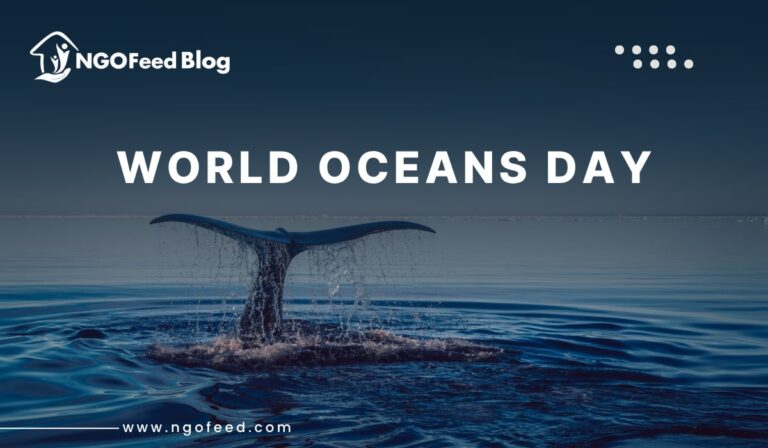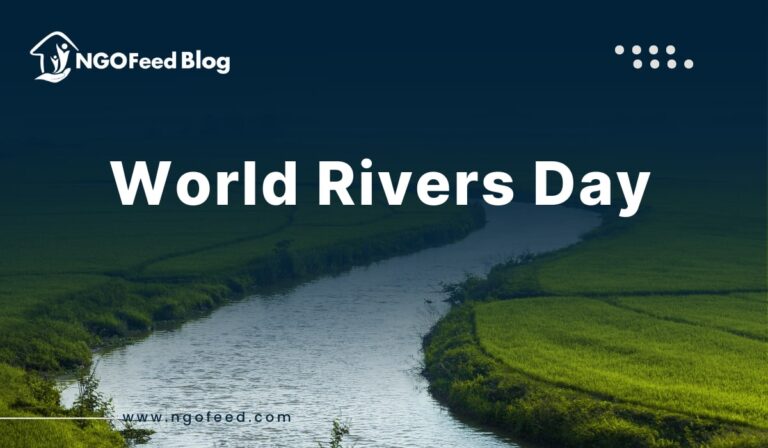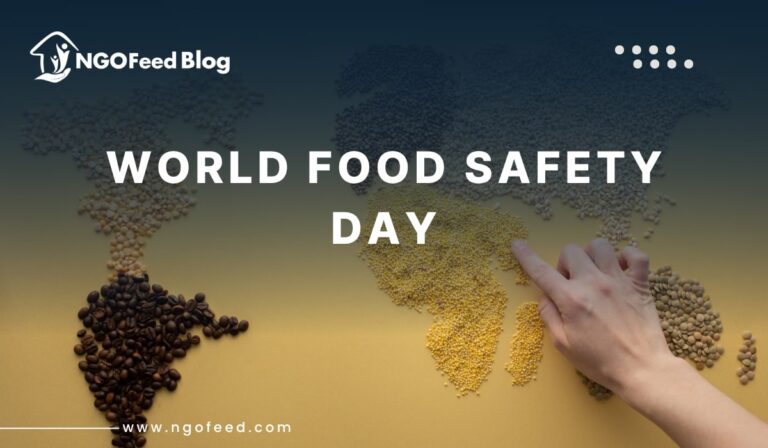NGOs in Water Conservation: Water is often hailed as the element that sustains life on Earth and is necessary for environmental equilibrium as well as health. But despite its vital necessity, human activity has significantly contaminated and wasted our water supplies. Because of our actions, which have progressively weakened the availability and purity of clean water—from reckless consumption to industrial pollutants—clean water is becoming an increasingly valuable and scarce resource.
This carelessness has serious consequences for our current health, the sustainability of our ecosystems, and the health of future generations. Getting access to pure, clear water is getting more and more difficult as water sources become contaminated and diminished. This circumstance emphasises how urgently we must work together to preserve and safeguard our water resources.
Many non-governmental organisations (NGOs) in India are committed to protecting this essential resource in the wake of this tragedy. These groups put a lot of effort into rehabilitating contaminated water sources, alleviating water scarcity, and advancing sustainable practices. Their efforts are critical to preserving this priceless resource for a healthier, happier future, proving that water is, in fact, gold for us.
Table of Contents
What Are NGOs In Water Conservation?
Water conservation efforts of NGOs are crucial to safeguarding and managing our water supplies. These groups support actions that contribute to the preservation of our water supply and address water-related concerns in various ways.
They educate people on trash reduction techniques and highlight the significance of conserving water. NGOs also engage in direct action, restoring natural water supplies, cleaning up contaminated rivers and lakes, and funding water-efficient projects.
Role of NGOs in Water Conservation
Non-Governmental Organisations, or NGOs, are essential to the cause of water conservation because they:
- Increasing Awareness: They spread the word about the value of water conservation and encourage actions that cut down on pollution and waste.
- Putting Projects into Action: Nonprofits plan and coordinate cleanup campaigns, clean up contaminated waterways, and create long-term water management strategies.
- Lobbying for Policy Change: They collaborate with legislators and governments to push for laws and policies that effectively save water.
- Assisting Communities: They offer communities tools, instruction, and assistance to enable them to better manage their water resources.
Also Read: Role of NGOs in Disaster Risk Reduction
The objective of NGOs in Water Conservation
NGOs that are active in water conservation have the following goals:
- Preserve Water Resources: By tackling pollution, misuse, and environmental deterioration, it is possible to save and preserve the availability and quality of water sources.
- Encourage Sustainable measures: To promote and put into action water-efficient measures like rainwater collection, effective irrigation, and wastewater recycling.
- Raise Awareness: Through community outreach, workshops, and campaigns, raise public awareness of the value of water conservation and responsible water use.
- Promote Policy Change: To encourage and assist in the creation of laws and policies for efficient water management that guarantee the sustainability of water supplies over the long run.
- Encourage Research and Innovation: To carry out studies on water-related problems and create novel technology and solutions to enhance water management and conservation initiatives.
Also Read: Role of NGOs in Conservation and Biodiversity Protection
Impact Created
- Improved Water Quality: By conducting clean-up projects and restoring polluted water bodies, NGOs enhance the quality of water, making it safer for drinking, agriculture, and ecosystems.
- Increased Awareness: Their educational campaigns and community outreach efforts raise awareness about the importance of water conservation, leading to more responsible water use and reduced wastage.
- Sustainable Practices: NGOs promote and implement sustainable water management practices, such as rainwater harvesting and efficient irrigation, which help to conserve water and reduce environmental stress.
- Policy Influence: Through advocacy, NGOs help shape water management policies and regulations, leading to better governance and more effective conservation strategies at local, national, and global levels.
Challenges Faced by NGOs in Water Conservation
- Funding Restrictions: The size and scope of conservation projects might be hampered by a lack of funding, which can impair their capacity to carry out all-encompassing solutions and maintain ongoing initiatives.
- Awareness and Engagement: It can be difficult to persuade communities and stakeholders of the value of water conservation, particularly in places where short-term demands take precedence over long-term sustainability.
- Pollution Control: Resolving pollution from home, industrial, and agricultural sources necessitates extensive planning and cooperation. It can also be expensive and time-consuming to clean up existing contamination.
- Regulatory and Policy Obstacles: It can be challenging to navigate bureaucratic procedures and influence policy, especially in areas with lax water management laws or political opposition.
- Infrastructure Restrictions: In many regions, antiquated or insufficient water infrastructure can make conservation measures more difficult and reduce the impact of fresh attempts.
Also Read: Role of NGOs in Environmental Protection
Some NGOs are Working for Water Conservation
Environmentalist Foundation Of India
Environmentalist Foundation of India is a not-for-profit, wildlife conservation and habitat restoration group focusing on real-time, result-oriented conservation efforts. E.F.I has focused on reviving freshwater habitats such as lakes/ponds across the country. In the past 11 years, it has revived 89 water bodies across 12 states in the country.
After several studies, the Environmentalist Foundation of India (EFI) has concluded that it can revive contaminated freshwater bodies in India only through scientific means. It has revived several freshwater lakes and ponds in India ever since its inception in 2007. While it has worked in several urban areas, EFI also works in rural hinterlands
Jal Bhagirathi Foundation
The Jal Bhagirathi Foundation is leading the charge in addressing the acute problems with water scarcity that areas such as the Thar Desert are confronting. They concentrate on several projects aimed at raising the availability and calibre of water. They contribute to capturing and storing the meagre rainfall by building and maintaining water harvesting devices like wells and check dams. In order to guarantee that communities have access to clean drinking water, the foundation also implements purifying systems to solve difficulties with water contamination.
By interacting with the community, Jal Bhagirathi Foundation teaches and trains people in sustainable water management techniques, enabling them to actively participate in conservation initiatives. They work to improve the general standard of living in these dry places and strengthen water security through creative solutions and committed assistance.
Sehgal Foundation
S M Sehgal Foundation is a public, charitable trust registered in India since 1999. Dr Surinder Mohan Sehgal and Edda Sehgal established the Sehgal Family Foundation (now “Sehgal Foundation”) in the United States in 1998, and S M Sehgal Foundation, India in 1999.
The mission of the Foundation is to strengthen community-led development initiatives to achieve positive social, economic and environmental change across rural India. Based in Gurgaon, Haryana, Sehgal Foundation works primarily in the remote, semi- arid regions of Haryana and Rajasthan, and in Bihar, and is looking to expand into Telangana and Andhra Pradesh.
Also Read: NGO in Tribal Development
Dreams Alive
Dreams Alive, an NGO established in 2011, focuses on multiple projects aimed at environmental conservation, education for underprivileged children, farmer support, and medical aid for children with cancer. The foundation relies on dedicated volunteers to build a better society and promote social responsibility. Key initiatives include:
- Smile Contribution Campaign (SCC): Weekly vegetable support for orphanages.
- Educational Sponsorship Program (ESP): Financial aid for needy students.
- Help in Farmers Interest (HiFi): Assisting farmers to strengthen their agricultural businesses.
- Butterfly Smiles (BS): Providing new clothes, sweets, and hygiene kits to children in need.
- GoWin: Supporting para-sport athletes nationwide.
- Disaster Relief Projects: Including Heal Kerala, Heal Delta, and Heal Chennai.
- Other Programs: Cancer support for children (VCan) and tree plantation in November to honour martyrs (N2R).
Conclusion
In conclusion, by putting into practice workable solutions, increasing awareness, and promoting sustainable habits, NGOs play a critical role in tackling the worldwide water crisis. Their efforts to save water not only address pressing issues like pollution and scarcity but also help communities become more resilient over the long run. NGOs make guarantees that water resources are managed fairly and responsibly by involving local communities, influencing legislation, and promoting creative solutions. The world’s water-related problems are getting worse, therefore these groups’ unwavering commitment and influence are crucial to ensuring that everyone has a sustainable and healthy future.
.

